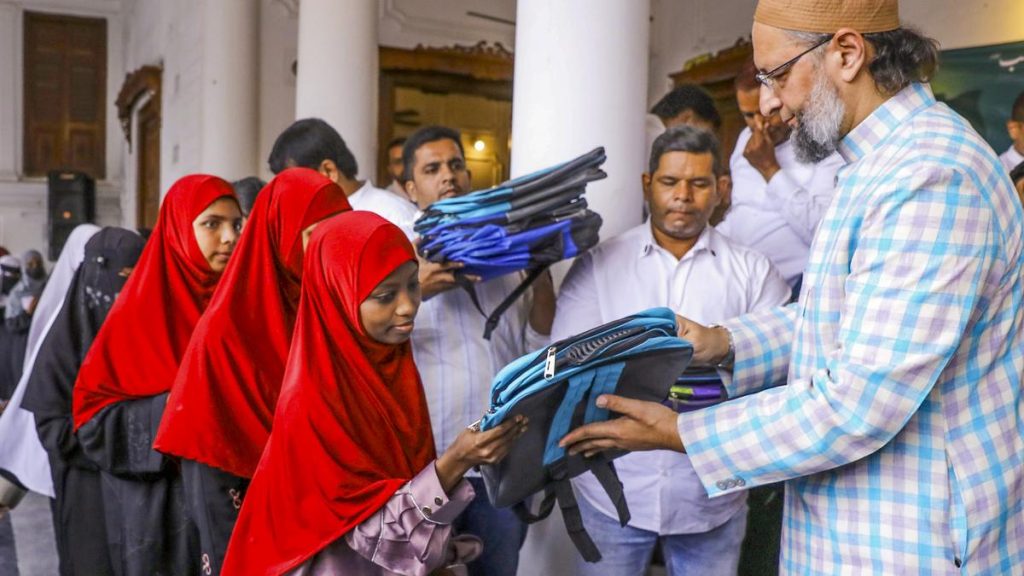Now Reading: MUV Safari to Resume in Idukki on July 16
-
01
MUV Safari to Resume in Idukki on July 16
MUV Safari to Resume in Idukki on July 16
Fast Summary
- MUV safari and on- and off-road trekking will resume in Idukki, Kerala, on Wednesday, July 16, 2025.
- District Collector V. Vigneshwari outlined strict conditions for reopening safaris across nine approved routes in Idukki and Devikulam subdivisions.
- Routes include trails like Parunthumpara-Satram, Vagamon-Kallattupara waterfalls trail (Idukki subdivision), and Suryanelli-kolukkumalai Sunrise route (Devikulam subdivision), among others.
- Operators must comply with kerala Adventure Tourism Promotion Society’s safety regulations.
- A verification drive scheduled for July 15 will ensure all operators meet safety criteria such as vehicle fitness checks, insurance coverage, GPS installation, driver eligibility clearance by the police, etc.
- Route monitoring committees composed of local officials will inspect terrain suitability; only approved drivers can operate safaris under prescribed conditions.
- Tourist insurance is mandatory for every trip; ticket revenue partially funds a welfare scheme for accident/medical coverage of drivers.
- Activities are restricted between 4 a.m.to 6 p.m., subject to weather conditions decided by the committee. Semiannual audits will occur every April and October to enforce compliance standards.
- Violations may lead to penalties such as license suspension or legal action if accidents occur due to negligence.
- The move follows a ban imposed under the Disaster Management Act after an accident in Munnar involving an MUV safari left one tourist dead and ten injured.
Indian Opinion Analysis
The resumption of MUV safari activities in Idukki reflects Kerala’s efforts to strike a balance between adventure tourism promotion and ensuring stringent safety protocols following recent tragic accidents. The detailed framework issued by the district administration demonstrates resolute attempts at minimizing risks through enhanced oversight mechanisms like vehicle inspections, verified operator systems, GPS usage mandates, route-specific assessments by committees, periodic audits of compliance measures-and importantly-a welfare fund initiative benefitting drivers.This approach underscores institutional accountability within high-risk tourism sectors while reaffirming the need for responsible eco-tourism management given Kerala’s prominent role as a global nature destination. If implemented effectively without compromising enforcement consistency amid seasonal demands or operator challenges highlighted locally-this regulatory model could serve as precedence/best practices framing applied nationally replicable within terrains alike similarly structured vis-à-vis vulnerabilities integrally nested rural livelihoods economies dependent tourism driving basic regional sustenance economies while spaces contributing state-co-led inclusive development!
read More: [Link provided above]
























